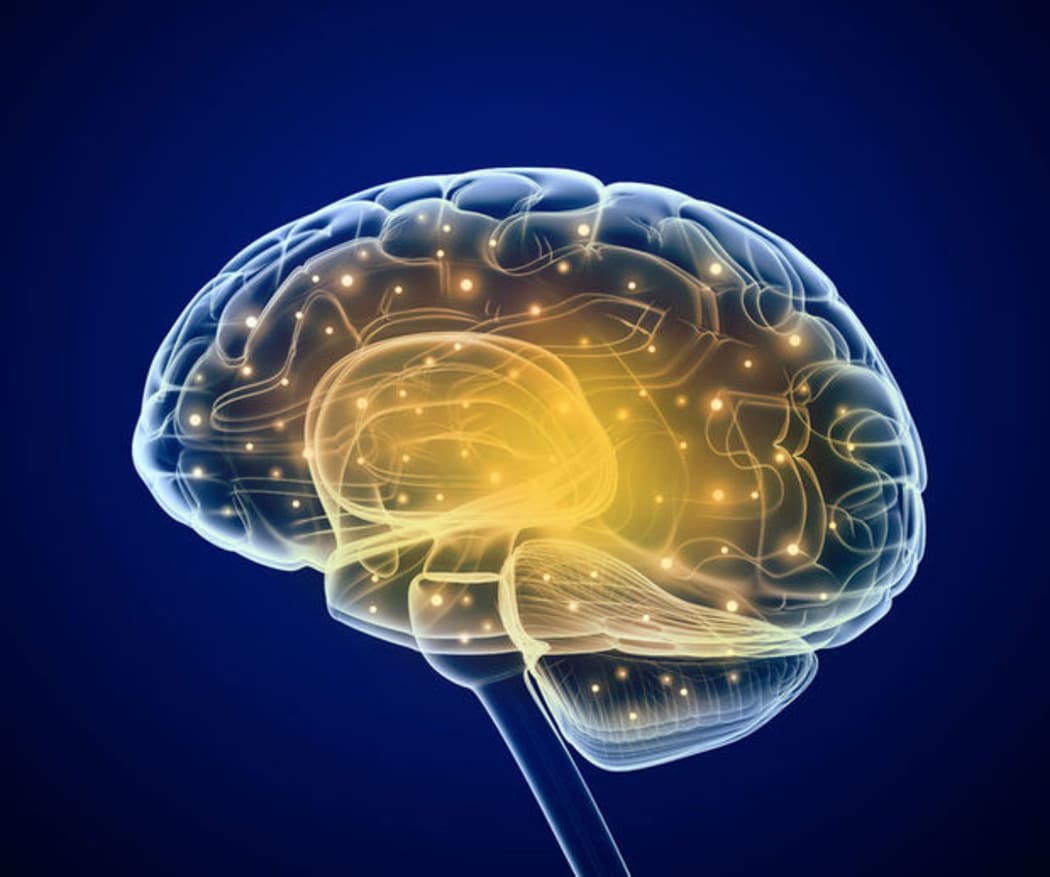Researchers say they can now look into ways of helping infertile women, after finding the brain's fertility pulse.

(stock image) Photo: 123.rf
A study from the University of Otago has found a cluster of around 3000 brain cells that synchronise every hour to create a hormone pulse.
This pulse is then released by the pituitary gland - the gland responsible for controlling the ovaries in women and the testes in men.
The findings are a world-first in what has been described as a "landmark study" by the president of the British Neuroscience Association.
Lead researcher Allan Herbison said approximately a third of infertility cases in New Zealand were related to brain interaction with the ovaries or testes.
"For those people, we've really opened the door to thinking about strategies to regulate pulses."
Prof Herbison said women with Polycystic ovary syndrome (PCOS) had a hormone pulse that was too fast, and could result in infertility.
He also said some women - around 5 percent - have a condition called hypothalamic amerorrhoea where the pulse was too slow, also making them infertile.
"It's really a huge step forward in now being able to design things that will change the pulses, so for the PCOS women make the pulses occur less frequently and for women who don't have pulses actually making the pulses occur."
Professor Herbison said it had been known for about 50 years that a pulse was responsible for controlling the gland, but to now know where that pulse was coming from was a huge breakthrough.
"The next step forward is to see how they do this and if the neurons in the brain can be manipulated."
Fertility Associates scientific director Dean Morbeck said the findings were fundamental in helping more people become fertile and conceive naturally.
He said the research could benefit both men and women.
"Men have the pulse generator as well, it's true in both sexes, it's just that [fertility] is a finer-tuned machine in women so if that pulse generator is off then it can throw off the normal cycling. Whereas with men it doesn't appear to be as critical."
Dr Morbeck said advice given to people such as weight-watching and diet was because of the impact these factors had on the hormone pulse.
"Often we'll see that women that don't have periods or don't cycle regularly, we see it often with athletes for instance who are really fit and don't have a lot of body fat and that does impact this pulse generator."
"Most people don't understand that the brain is where it starts," he said.
The research was conducted on mice at the Centre for Neuroendicrinology in Otago's department of physiology.






